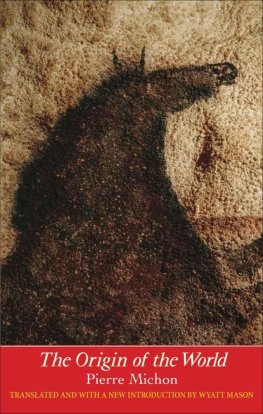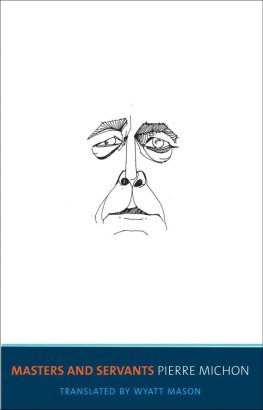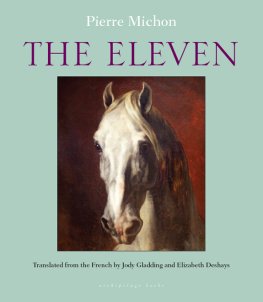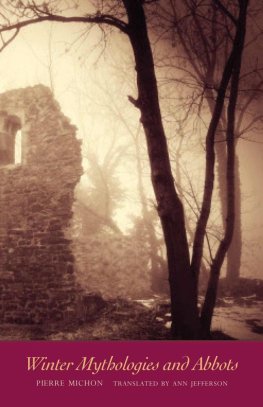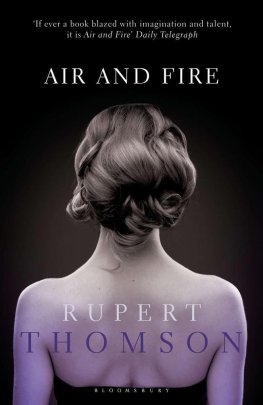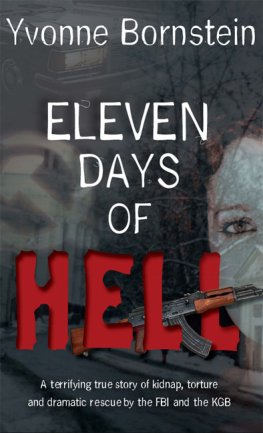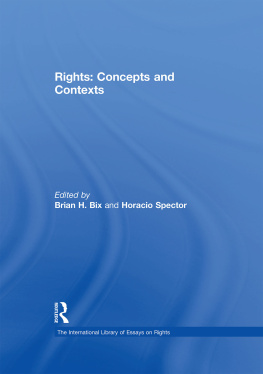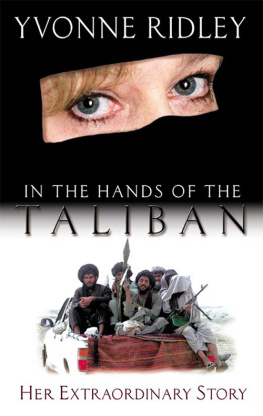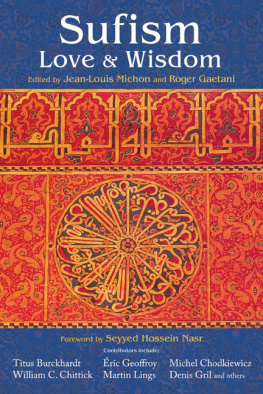Pierre Michon
The Origin of the World
Introduction by Wyatt Mason
In 1998, Franois Bon, a contemporary French writer unknown to English-language readers but with a following in France, wrote an essay called Sur le Fausto Coppi de Pierre MichonOn Pierre Michons Fausto Coppi. Initially appearing in issue number five of Scherzo, a high-ideals, low-circulation literary review, the essay quickly became notorious. It was soon reissued by Bon and Michons principal publisher, ditions Verdier, as a limited-edition letterpress chapbook the size of a number 10 envelope and almost as light. Even so, it contained enormous news.
We know, Bons essay began, two years ago, there were problems with a distributor, and despite the best efforts of a little publisherlittle as in one willing to publish work as excellent as it is challenging its three hundred copies of Pierre Michons Fausto Coppi are still in a storage facility in the boonies.
Bons we know was a provocation: we most certainly did not know that publishing jack-puddingry had consigned a new novel by Pierre Michon to the alien corn. This marooning, Bon knew, recalled other miscarriages of French literary-historical justice. As Une Saison en enfer itself sat in an attic in Belgium, wrote Bon, or as Les Chants de Maldoror was, by the printer whose press produced it, held hostage from sale, a book by Pierre Michon that major figure, that example of a writer who is his complete worksFausto Coppi, is missing from the whole.
Lovers of international cycling know the great Italian name that Bon tells us Michon chose for his lost title: Coppi was the worlds premier bicycle racer during the decades spanning the Second World War, winning races and devouring altitude with an attitude that made him known simply as Il Campionissimochampion of champions. In a pre Lance Armstrong era of cycling, when one might like to suppose that the air in the mountains was pure and the hearts of the riders who sought it were as open as those of children, Coppi was himself a drug enthusiast before the letter. Whereas Armstrongs deceit brought about his fall, Coppi made no bones about taking amphetamines not illegal at the time to aid his performance. Reckless as a rider, he fell often owing to his aggressive style, breaking bones in eight races across his career. His fame as a victor made him an early icon of athleticism, and as such he became more than an athlete; he was also a tragic case, his decline the stuff, if not of fiction, of the TV movie. Naturally, he enjoyed the sort of scandal to which weve come to understand the famous are susceptible: the Very Public Adultery Problem, one which, in postwar Catholic Italy, left him vulnerable. This, at the very time that his brother, also a racer but not Faustos equal, was thrown from his own bike to his death. To complete the storybook decline, which included poorer and poorer performances through to the end, Coppi was invited to race in Africa, in Burkina Faso, in December 1959. The day before the race, he and the other riders went on safari, to hunt big game, and that night he was put up in a house that swarmed with mosquitoes. It was like the safari had been brought forward several hours, said Raphal Gminiani, another rider housed there that evening, except that now we were hunting mosquitos. Coppi was swiping at them with a towel. As it turns out, this semi-comic scene grown men, at night, flailing at bugs was fully tragic. The mosquitoes carried malaria, which both men caught, and which killed Coppi two weeks later, on 2 January 1960. Not that the story could end there, for some said that, actually, Coppi had been poisoned, whereas others said that he had died of a cocaine overdose, while others said In other words, Coppi had become, upon his death, myth.
And myth the myth of a stable, describable self; the myth that the story of a self can be told is a central Michonean preoccupation, central to the incomplete whole that Bon alluded to when he claimed Michon as a writer who is his complete works. Michon had been assembling that corpus over the fourteen years since the appearance of his first book, Vies Minuscules (Gallimard, 1984; Small Lives, Archipelago, 2011). So coherent in theme and nature was the whole of Michons production, Bon argued, that to read it one needed to read all of it. To read any of Michon without recourse to the rest was to risk reading none.
Weve been watching a strange body of work being born, Bon wrote, not just a book and what followed it but a tremendous turbulence at the heart of all the books, a turbulence responsible for the slowly mounting body count in Michons output, figures drawn to and downed by this turbulence, whether painters burning from the inside out because of it (Watteau, for one, in Michons Masters and Servants) or the tobacconist in The Origin of the World, or Vitalie Cuif ne Rimbaud listening to her sons Latin poetry in their kitchen (in Michons Rimbaud the Son), or Fausto Coppi, streaming in sweat in the mountains as he catches up to the pack of racers in the Tour de France on a hissing July road.
Figures in turbulence, figures of turbulence, turbulent figures. In both French and English, Bons extraordinarily apt word, figures, is identically defined. It is etymologically based on the Greek term that means to fashion, to form. We use the word variously, now, to describe the exterior forms of material things; to mention the representation of such a thing in painting; to distinguish modes, in rhetoric, of deviating from the ordinary use and arrangement of words for the sake of effectiveness or beauty of expression; and to mark persons as objects of contemplation. Bon means all of these. Each of Michons figures, his fictions, has taken as its Vasari-like ambition to offer up the story of a persons life. The first nine stories Michon published all bore titles that literalized that ambition to seize a figure fully: The Life of Andr Dufourneau, The Life of Claudette, The Life of Joseph Roulin. A persons life as an object of contemplation, one that, in Michons writing of it, deviates from the ordinary use and arrangement of words. Vast in their smallness Michons books are short, averaging some fifty pages, a corpus minumusthe prose is maximal. Sentences have a Faulknerian heft, not infrequently running densely down a full page, grammatical subjects or objects held in suspension until the sentences very end, the reader stockpiling the freight of Michons accumulating clauses until being delivered to a destination the drama of which only grows with each deferral of arrival.
As with the drama of Michons sentences, so too the appearance of his books: since Michon had begun publishing in 1984, his bibliography had fattened to seven lean books. In the same period that Philip Roth, for example, published some three thousand pages, Michon compiled five hundred. Quantity, of course, couldnt matter less, cant be a measure, shouldnt be a subject, but in Michons case, it became one nonetheless.
Announced and awaited, Bon wrote, of Michons marooned Coppi. With so little Michon, all Michon had become doubly precious.
But now a secret must be imparted. Fausto Coppi does not exist. Not in the sense that the route to the storage bunker in the boonies has been lost. Rather, there is no route, no bunker, no book at all. Bon, friend of Michon, fine fiction writer, cunning critic, confected the story of this embargoed story meretricious publishers! lost masterpieces! alien corn! as a gift to Michon, and to us. As the best gifts can, it satisfied a need, that of acknowledging that the dropperfuls of writing that Michon was managing to extrude, every half a decade, were painful to those who, during those years, were finding as Bon did; as the translator of this book did that Michon was accessing something in stories that was powerful, precious, new. Bons own story of

